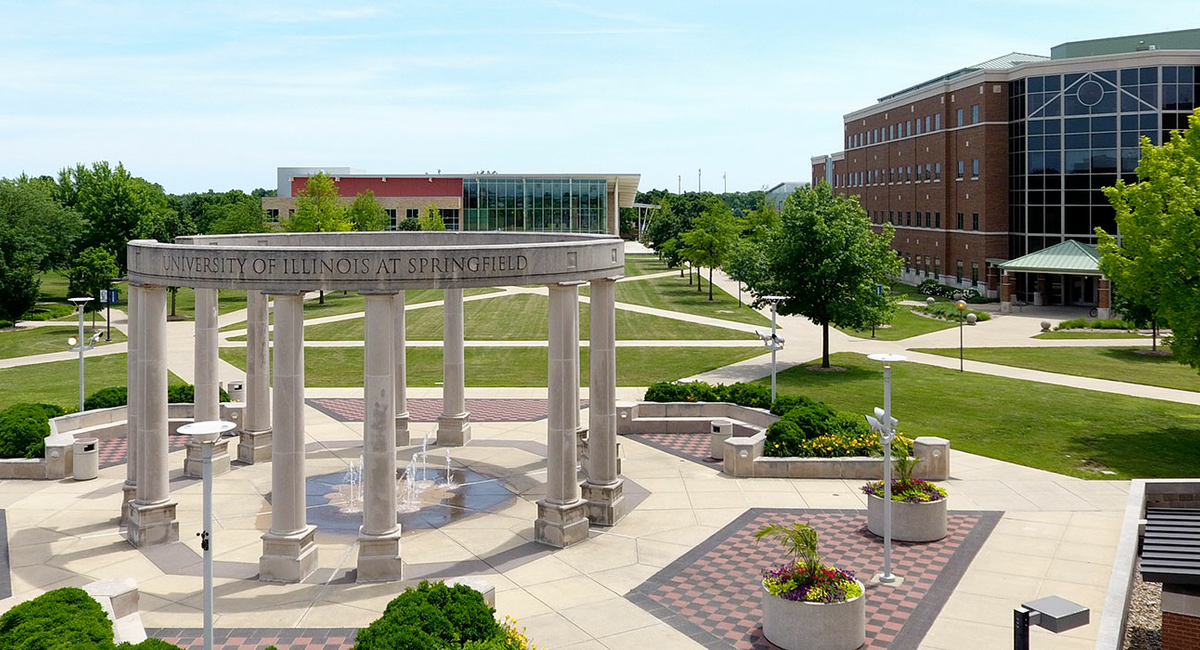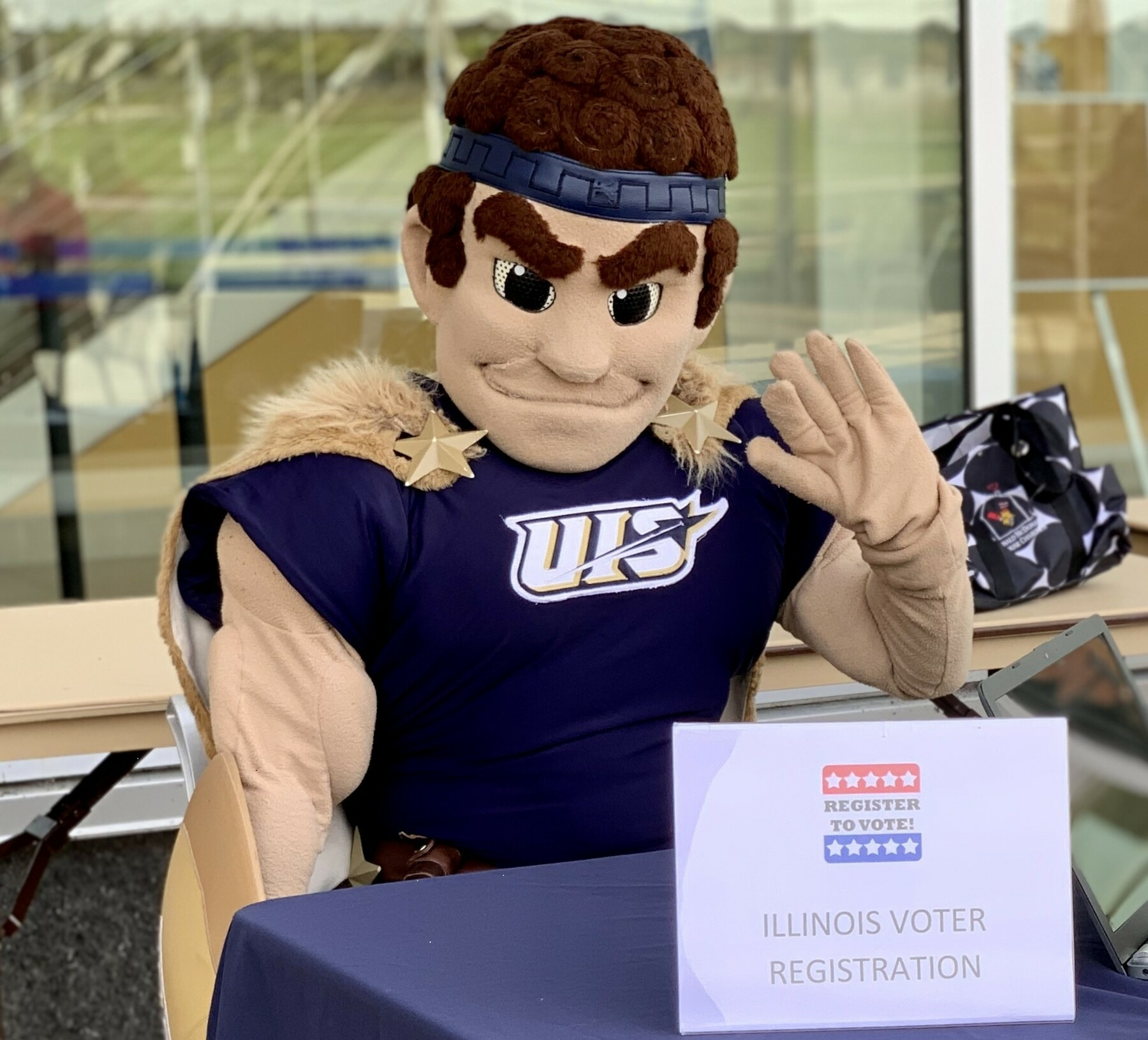

Illinois was once known for its innovative electoral system, where it was the only state in America to utilize cumulative voting to elect some members of the Illinois General Assembly. In 2002, President Obama, then a member of the Illinois General Assembly, sought to continue to our spirit of electoral innovation, introducing legislation to shift Illinois congressional primaries to ranked-choice voting (RCV) and allow for local jurisdictions to use RCV in their elections. However, the future President Obama’s efforts did not result in the adoption of the legislation.
Since that early effort a half dozen states have shifted to RCV for primaries and Maine adopted it for their federal offices. Meanwhile, Alaska adopted a “final five voting (FFV)” variation of RCV for state and federal races. FFV combines a non-partisan primary (not quite like what’s used in Chicago’s mayoral election) with an RCV general election of the top four performers in the primary, which can include multiple candidates from the same party, plus a write in option. Further, numerous major cities larger than some states have adopted RCV in their local elections. To learn more about arguments for and against RCV, along with what academic research says, you can read a recent post on "Everything you wanted to know about Ranked-Choice Voting" from one of the authors of this one.
In Illinois, members of the Illinois General Assembly have built on the previous attempts to bring RCV to Illinois for state and federal offices. There are currently multiple bills related to RCV working their way through the Illinois General Assembly. Further, the City of Evanston recently voted to adopt RCV in their local elections beginning in 2025. Notably, when Evanston Mayor Daniel Biss was part of the Illinois General Assembly, he was involved in a 2017 attempt to adopt RCV in Illinois. Evanston recently adopted RCV for their local elections with 82% of the electorate supporting the change.
Considering the interest in the Illinois General Assembly around RCV, the adoption of RCV in Evanston, discussion around adopting RCV/Multiple Choice for local elections in Chicago, and the broader potential implications discussed elsewhere, we wondered what Illinois voters thought about these electoral innovations. So, we asked them. To be clear, at this point the Center for State Policy and Leadership takes no position on the electoral system used in Illinois, our interest is purely wanting to understand what voters think and better understand alternative electoral systems.
As part of a larger data collection effort you’ve possibly read about elsewhere, we collected a representative 1,000 respondent survey of Illinois voters this past fall. We defined for voters and then asked about RCV, non-partisan primaries, FFV, and the current electoral systems used in Illinois state and federal elections. So, what do Illinois voters think of each of these? The below table shows the levels of support and opposition for each idea.
As you can see below, the non-partisan primary system is popular with voters. We find less support for adopting RCV in the general election or adopting a FFV, but both systems are still supported by most respondents statewide. Of course, supporting something in abstract may be different than supporting it in reality. If a referendum were held with increased public debate and jockeying from advocates on either side it would be unsurprising for results to be different, either higher or lower, than we find here. That’s why we have elections and referendums. Understanding the factors that can sway attitudes is an area we’re likely to take this work in the future. Further, Illinois voters are not necessarily clamoring for change to the current system with large majorities supporting both the current primary and general election systems.
| Electoral System | Support |
|---|---|
| Current Primary System | 68% |
| Current General Election System | 70% |
| Non-Partisan Primary | 76% |
| Ranked Choice Voting | 55% |
| Final Five Voting | 57% |
Notably though, Republicans (including Republican leaning independents) are about 25 points less likely to report being satisfied with the current primary system than Democrats (and their leaners) with the results being 56% to 81%. Further, Republicans (with leaners) are much more likely than Democrats (including leaners) to report being dissatisfied with the current general election systems in Illinois (61% to 81%). Given the large electoral victories for Democrats in Illinois and national Republican criticisms of election results perhaps this Republican dissatisfaction is not surprising. However, Republicans are less likely to be supportive of non-partisan primaries (67% to Democrat’s 78%), RCV (43% to Dem’s 63%), and FFV (45% to Dem’s 63%). So, while Republicans appear to be more dissatisfied with the electoral system of Illinois, they don’t seem to particularly care for the proposed alternatives.
| Type of Voter | Current Primary System | Current General Election System | Non-Partisan Pimary | Ranked Choice Voting | Final Five Voting |
|---|---|---|---|---|---|
| Republicans | 56% | 61% | 67% | 43% | 45% |
| Independents | 59% | 63% | 85% | 58% | 63% |
| Democrats | 81% | 81% | 78% | 63% | 63% |
When we look at voters along racial lines, we find that voters of color (75%) and white voters (77%) support the idea of non-partisan primaries at similar rates. However, we find voters of color (67%) are more likely than white voters (51%) to support a move to RCV and voters of color (67%) are more likely to support a move to a FFV system than white voters (53%). Interestingly though, we find that voters of color are more satisfied with the current primary (72% to 66%) and general election (73% to 69%) systems utilized in Illinois, suggesting their support for alternatives may not come from dissatisfaction, but something else requiring more research.
| Race of Voter | Current Primary System | Current General Election System | Non-Partisan Primary | Ranked Choice Voting | Final Five Voting |
|---|---|---|---|---|---|
| White | 66% | 69% | 75% | 51% | 53% |
| Voters of Color | 72% | 73% | 77% | 67% | 66% |
A division often discussed in Illinois has to do with region. So naturally, we took a high-level look at regional differences towards the system. We found satisfaction with the current electoral system is highest in Chicago and lowest in Southern Illinois. We also find that respondents from the City of Chicago have the highest level of support for RCV and the FFV variation of all the regions, which may have to do with the media coverage towards the topic there. This finding is something to keep an eye on considering increased discussion around potentially changing the Chicago electoral system. We’d encourage Chicago specific research before making any confident statements about support for RCV in Chicago though.
| Region of Voter | Current Primary System | Current General Election System | Non-Partisan Primary | Ranked Choice Voting | Final Five Voting |
|---|---|---|---|---|---|
| City of Chicago | 75% | 73% | 79% | 66% | 63% |
| Chicago Suburbs | 67% | 71% | 76% | 51% | 53% |
| Northern Illinois | 73% | 77% | 76% | 50% | 52% |
| Central Illinois | 66% | 69% | 75% | 56% | 61% |
| Southern Illinois | 53% | 57% | 66% | 53% | 57% |
So, in total majorities of Illinois voters appear to be supportive of potential changes to the Illinois electoral system, though there isn’t widespread dissatisfaction with the current electoral system. There is obviously a lot more to understand about Illinois voter attitudes towards alternative electoral systems, which we certainly intend to work on in the future.
If this blog raised your interest in the topic, please keep an eye out later this year for a much more in-depth discussion where we will unpack things further in the Illinois Municipal Policy Journal. Tell us what you’d like to know more about in the comments below. Also, please join us for the UIS Center for State Policy and Leadership’s discussion on RCV on April 19th. Thanks for reading!

AJ Simmons is the Research Director of the Center for State Policy and Leadership at UIS. He holds a PhD from the School of Politics and Global Studies at Arizona State University. Besides conducting research, he enjoys going bowling and also discussing politics with people he disagrees with.

Nick Waterbury is the Assistant Research Director of the Center for State Policy and Leadership at UIS. He holds a PhD in political science from Washington University in St. Louis. When not thinking about politics, he enjoys spending time on the golf course and traveling an excessive distance to watch sporting events.


